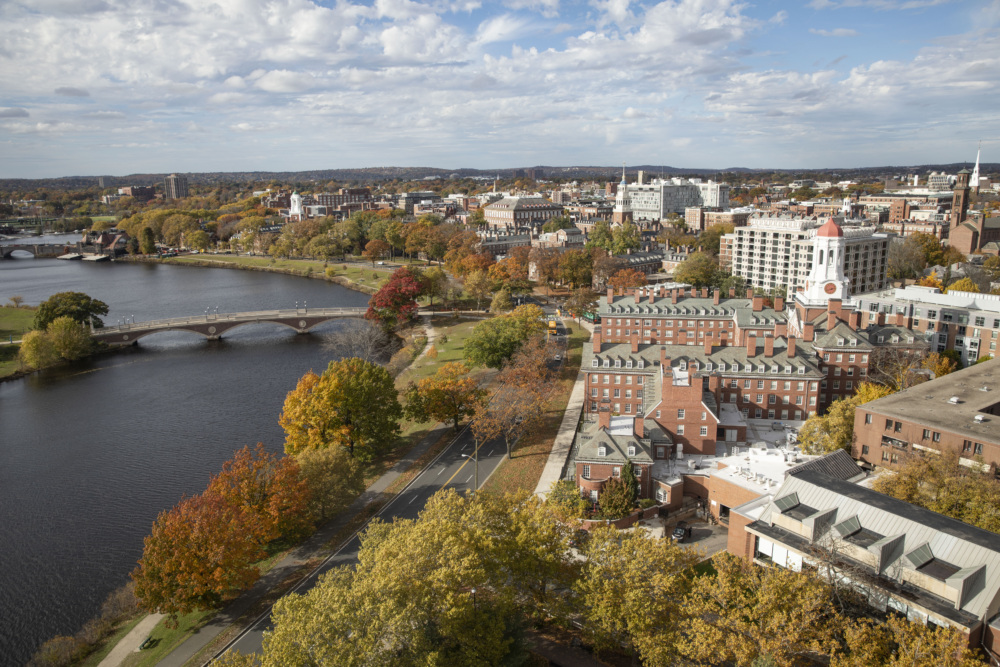Eighteen faculty members from six Harvard Schools and departments have accepted two-year faculty affiliations at the Bloomberg Center for Cities at Harvard University, joining 51 current faculty affiliates.
New faculty affiliates include:
Alisha C. Holland, Gabriel Kreindler, Mashail Malik, and Stephanie Ternullo of the Harvard Faculty of Arts and Sciences; Ethan S. Bernstein, Natalia Garbiras-Diaz, and Deborah M. Winshel of Harvard Business School; Nestor M. Davidson (GSD/HLS), Ann Forsyth, Magda Maaoui, Hannah Teicher, and Rachel Weber of the Harvard Graduate School of Design; Rob Watson Jr. of the Harvard Graduate School of Education; Julie Battilana (HKS/HBS), Rema Hanna, David King, and Julia Minson of the Harvard Kennedy School; and Louise Ivers of Harvard Medical School.
Along with the center’s continuing affiliate faculty, they represent a wide range of disciplinary fields, including public and nonprofit management, law, government, sociology, behavioral science, global health, economics, political science, psychology, urban planning and design, organizational behavior, and more.
Ongoing faculty-focused center activities include:
Scholarly convenings, including regular faculty roundtables for sharing research and exchanging views on topics such as climate and cities or the impact of AI.
Investments in research, including support for faculty and labs focused on urban problem-solving; field-building to advance knowledge of city leadership and municipal innovation; funding for surveys and open datasets that will enable research on cities; and open calls to develop and test approaches to common urban issues.
Events highlighting cutting-edge Harvard scholarship and insights for city leadership, management, and governance, such as research on the shifting geography of work, an analytical framework for public problem-solving, a panel on strengthening climate resiliency, sessions on cross-sectoral social impact research, and the launch of new resources such as the TrueViews public opinion data explorer.
“The Bloomberg Center for Cities is an exemplar of how productive collaboration across fields and disciplines can be,” said Harvard University Provost John Manning. “By harnessing the creativity of faculty across the University, the center is expanding knowledge and developing practical solutions that will improve the lives of city residents everywhere.”
“Faculty in every corner of our campus, from every discipline, are pursuing research that speaks directly to the challenges facing cities and those who lead them,” said Harvard Kennedy School Dean Jeremy Weinstein. “The Bloomberg Center for Cities gives them a space to connect, collaborate, and translate their rigorous scholarship into real-world impact.”
“Faculty affiliates conduct their work across a disparate range of disciplines, but three things unite them: sincere interest in uncovering ways to improve cities, a track record of rigorous research and excellent teaching, and an orientation toward engaging with the real world to apply knowledge and insight,” said Bloomberg Center for Cities Director Jorrit de Jong. “We welcome them to the Bloomberg Center community and look forward to many sparks of interconnection together.”





